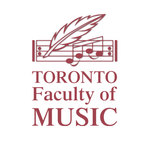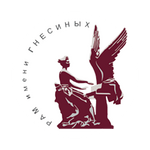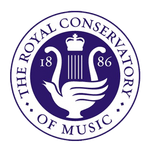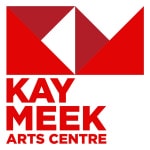Music Theory Classes in west Vancouver | Music theory is the study of the system behind any composition. By learning the detailed structure and theory of a composition, a performer will enable a more comprehensive performance.
We offer online classes and in-person classes in West Vancouver and north Vancouver.
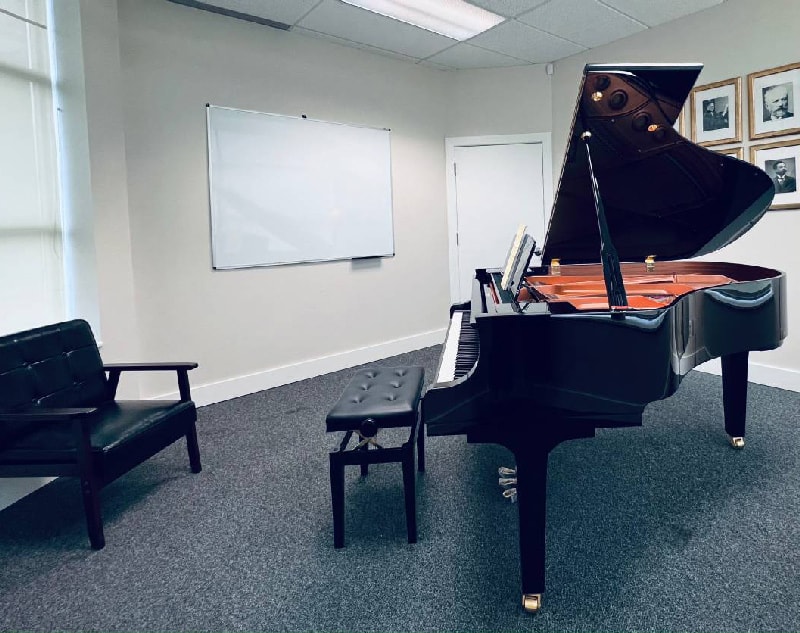
Music theory can be divided into three categories according to The Oxford Companion to Music: the musical rudiments/building blocks that are needed to understand music composition; the perspectives of scholars about music from all time periods; and the musicological approach which “seeks to define processes and general principles in music”. The first definition is the most common and widespread application of the term “music theory”, particularly when it comes to being implemented through music lessons, and it is this term that this article will be focusing on.
Music theory forms the foundation on which all music is built. It is like a language; classical composers from all eras must be fluent in music theory to compose masterpieces the same way one must be fluent in grammar and literature in order to write a high-quality novel. At all levels of learning music, it is important for students to understand concepts of music theory.
Music theory can be divided into three categories according to The Oxford Companion to Music: the musical rudiments/building blocks that are needed to understand music composition; the perspectives of scholars about music from all time periods; and the musicological approach which “seeks to define processes and general principles in music”. The first definition is the most common and widespread application of the term “music theory”, particularly when it comes to being implemented through music lessons, and it is this term that this article will be focusing on.
Music theory forms the foundation on which all music is built. It is like a language; classical composers from all eras must be fluent in music theory to compose masterpieces the same way one must be fluent in grammar and literature in order to write a high-quality novel. At all levels of learning music, it is important for students to understand concepts of music theory.
Overall, music theory is integral to gaining deeper insights into great compositions and the minds that created them. Cultivating a strong understanding of theory will enrich the learning process and result in a more well-rounded understanding of the music being studied. No matter the age, it is never too late to start learning theoretical concepts.
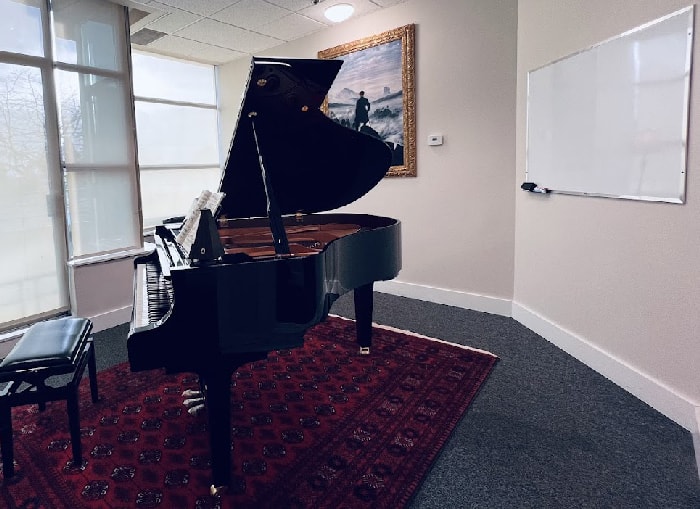
The Royal Conservatory curriculum requires any student participating in practical exams in level 5 or higher to be proficient in beginner level theory. The aim of this is to provide students with more theoretical knowledge regarding the pieces they play, thus returning a more expressive and logical understanding of the music. As students progress in music theory, some even find themselves learning and memorizing music faster as they use their knowledge of theory as an additional layer in their breakdown of the music.
An additional benefit of these exams is that they can count towards secondary school diploma credits.
At Dio Piano School we prepare students for these theory exams with our students often completing them with First Class Honours and Distinction.
Music theory offered at Dio Piano School:

